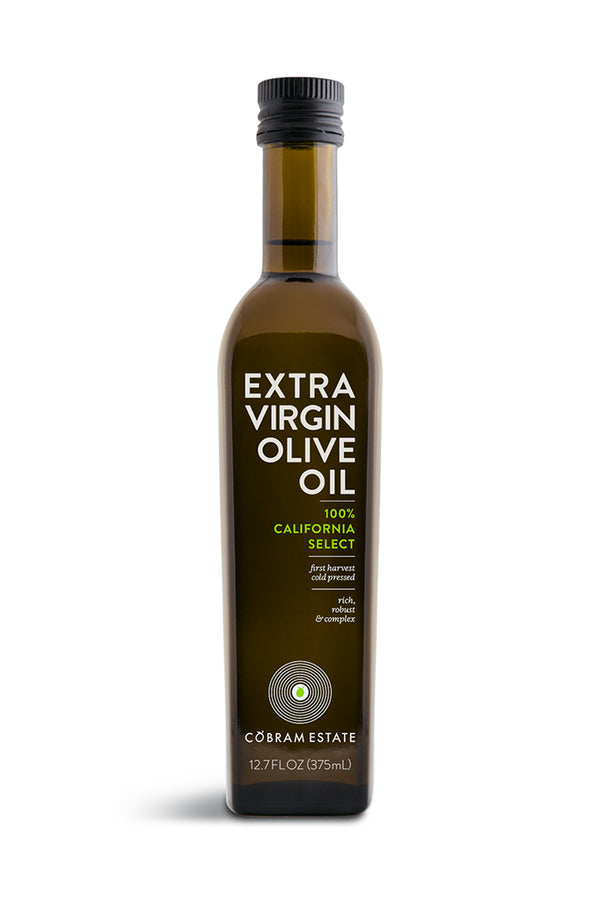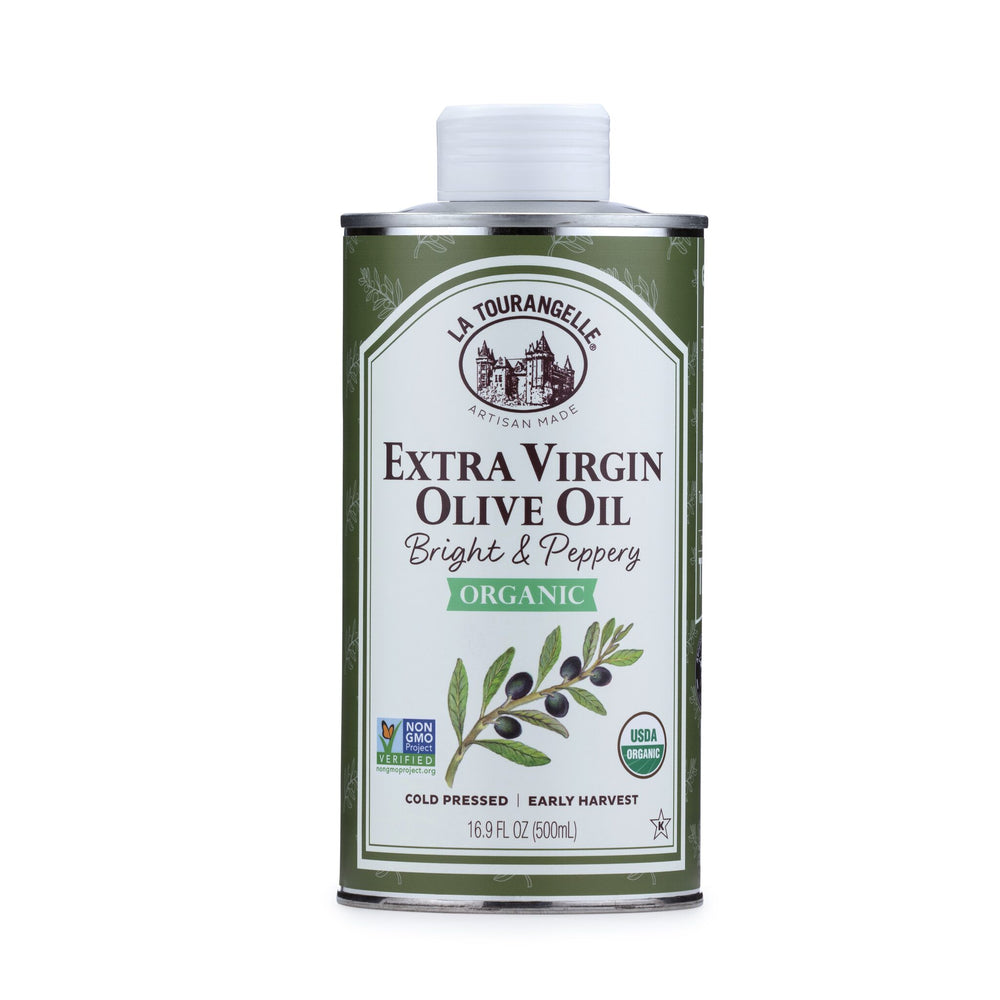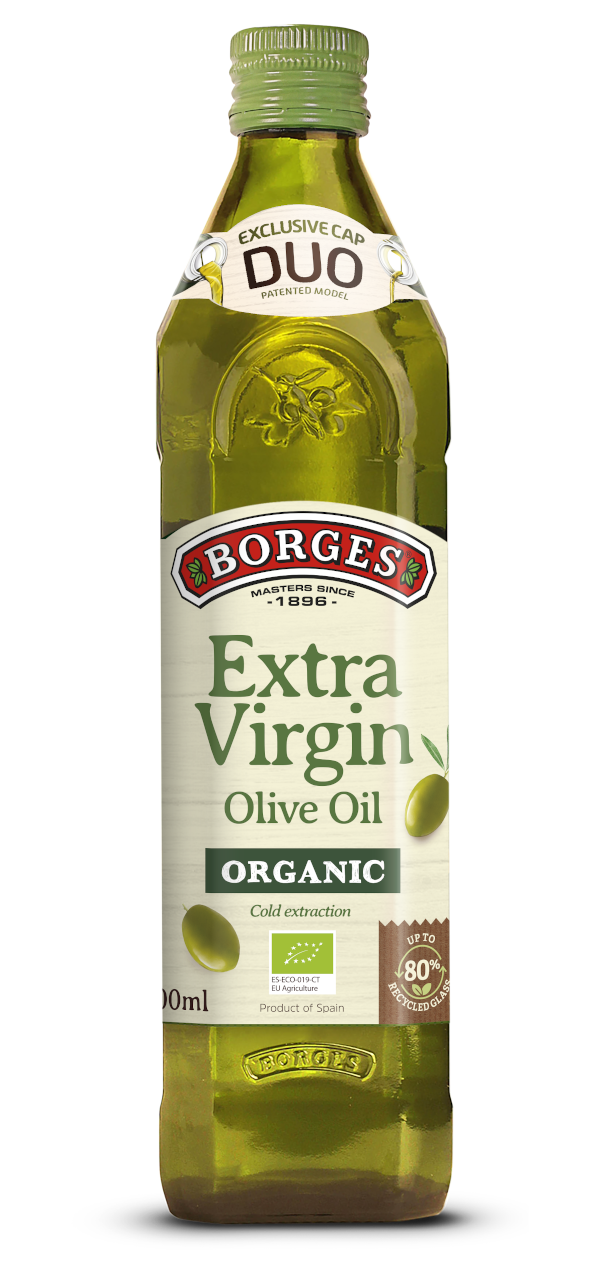Extra Virgin Olive Oil Benefits: A Must-Have for a Balanced and Nutritious Lifestyle
Extra Virgin Olive Oil Benefits: A Must-Have for a Balanced and Nutritious Lifestyle
Blog Article
Checking Out the Different Sorts Of Olive Oil and Their Usages, Including Bonus Virgin Olive Oil
The exploration of olive oil incorporates a diverse range of kinds, each offering distinctive flavors and cooking applications. Extra virgin olive oil, renowned for its exceptional quality and health benefits, offers as a staple in many kitchen areas, yet it is only one element of this complex ingredient.
What Is Olive Oil?
Acquired from the fruit of the olive tree, olive oil is a staple in Mediterranean cuisine and an essential component in different culinary applications. This functional oil is generated by pushing whole olives, resulting in a liquid that differs in taste, fragrance, and color depending upon the kind of olives used, the area of growing, and the extraction procedure. Olive oil is predominantly made up of monounsaturated fats, specifically oleic acid, which is recognized for its potential health and wellness benefits, including anti-inflammatory properties and cardio assistance.
In addition to its cooking usages, olive oil has a long history of application in standard medicine and skincare, owing to its rich antioxidant web content (extra virgin olive oil benefits). The oil is frequently used in dressings, marinates, and for cooking methods such as sautéing and roasting. Its distinct taste account can enhance the preference of various recipes, making it a crucial ingredient for both home cooks and specialist cooks
Furthermore, olive oil is commemorated for its role in the Mediterranean diet regimen, which is connected with various health benefits. As recognition of these advantages expands, olive oil continues to gain appeal worldwide as a basic component of a healthy lifestyle.
Kinds Of Olive Oil
Recognizing the numerous kinds of olive oil is necessary for both cooking fanatics and health-conscious customers. Olive oil is identified mostly based on its removal approach and high quality, which considerably impacts its scent, health, and flavor benefits.

Light olive oil, in spite of its name, describes a lighter taste and not lower calories. It is suitable for those looking for a more refined taste in sauces and dressings. In addition, there are flavored olive oils infused with natural herbs, flavors, or citrus, which can boost recipes without the requirement for additional seasoning.
Each kind of olive oil serves particular cooking functions, and comprehending these differences permits consumers to make enlightened options that align with their food preparation styles and health objectives.
Extra Virgin Olive Oil
Bonus virgin olive oil (EVOO) is widely considered as the finest quality olive oil readily available, celebrated for its rich flavor and various wellness benefits. To be categorized as added virgin, the oil should be generated from fresh olives utilizing mechanical processes, without the use of solvents or extreme warmth. This meticulous approach maintains the oil's all-natural tastes, anti-oxidants, and healthy and balanced fats, leading to a product with a low acidity degree of less than 0.8%.
EVOO is bountiful in monounsaturated fats, specifically oleic acid, which is connected to decreased inflammation and enhanced heart wellness. It also contains polyphenols, effective anti-oxidants that might provide safety results versus chronic diseases. The flavor profile of EVOO can vary substantially depending upon the olive selection and area of production, varying from verdant and fruity to durable and peppery.

Culinary Use Olive Oil

In cooking, olive oil can be used for sautéing, toasting, and barbecuing, providing a much healthier choice to butter or other fats. Its high smoke point makes it ideal for numerous cooking approaches, while its antioxidants contribute to a heart-healthy diet regimen. Drizzling olive oil over completed recipes, such as pasta, fish, or smoked veggies, can elevate flavors and add a touch of beauty.
In addition, olive oil plays a significant duty in baking, where it can change traditional fats in dishes for bread and pastries, presenting moisture and a refined preference. It likewise works as a base for infused oils, allowing cooks to experiment with tastes such as garlic, herbs, or chili, additionally expanding its culinary potential. Generally, olive oil's versatility makes it essential in both home and specialist kitchen areas.
Finding High Quality Olive Oil
When selecting high quality olive oil, it's essential read this article to consider numerous essential elements that affect the item's wellness, flavor, and scent benefits. Opt for additional virgin olive oil (EVOO), which is obtained from the very first cool pressing of olives and has the highest possible levels of anti-oxidants and advantageous compounds. Seek oils that are accredited by recognized organizations, as this typically guarantees adherence to strict high quality criteria.
The packaging additionally plays a substantial role in preserving the oil's honesty. Choose oils stored in dark glass containers or tins to shield versus light deterioration. Take note of the harvest date; fresher oils supply remarkable taste and nutritional value, so choose products that are within 18 months of their harvest.
Additionally, think about the origin of the oil. Top quality olive oils usually come from certain regions understood for their distinct flavor accounts, such as Italian, Spanish, or Greek oils. Ultimately, be conscious of the taste; a top quality olive oil should have an equilibrium of fruity, bitter, and peppery notes, indicating its richness and intricacy. By reviewing these elements, you can guarantee you are picking the most effective olive oil for your culinary requirements.
Conclusion
In recap, the exploration of numerous sorts of olive oil exposes unique qualities and applications, with additional virgin olive oil representing the peak of quality as a result of its reduced level of acidity and high antioxidant web content. Its convenience in culinary usages improves flavors in dressings, sauces, and drizzles. Comprehending the different varieties of olive oil enables for educated options in cooking techniques, advertising healthier Web Site methods while enriching the general gastronomic experience. Quality choice remains crucial for ideal advantages.
Acquired from the fruit of the olive tree, olive oil is a staple in Mediterranean food and a vital ingredient in numerous culinary applications.The most typical types of olive oil consist of refined olive oil, pure olive oil, and light olive oil.Bonus virgin olive oil (EVOO) is widely concerned as the highest possible quality olive oil readily available, renowned for its abundant flavor and countless health and wellness advantages. Decide for extra virgin olive oil (EVOO), which is obtained from the initial chilly pressing of olives and consists of the highest degrees of antioxidants and advantageous compounds.In summary, the exploration of numerous types of olive oil exposes distinctive qualities and applications, with additional virgin olive oil standing for the peak of top quality due to its reduced level of acidity and high antioxidant material.
Report this page